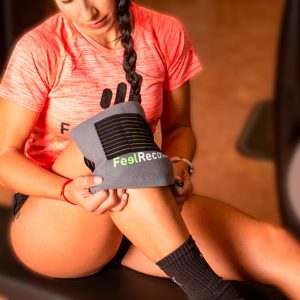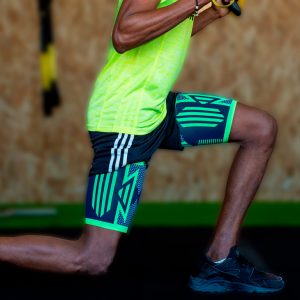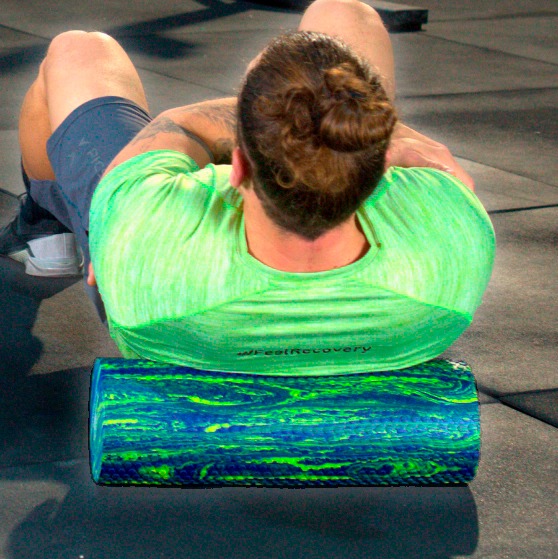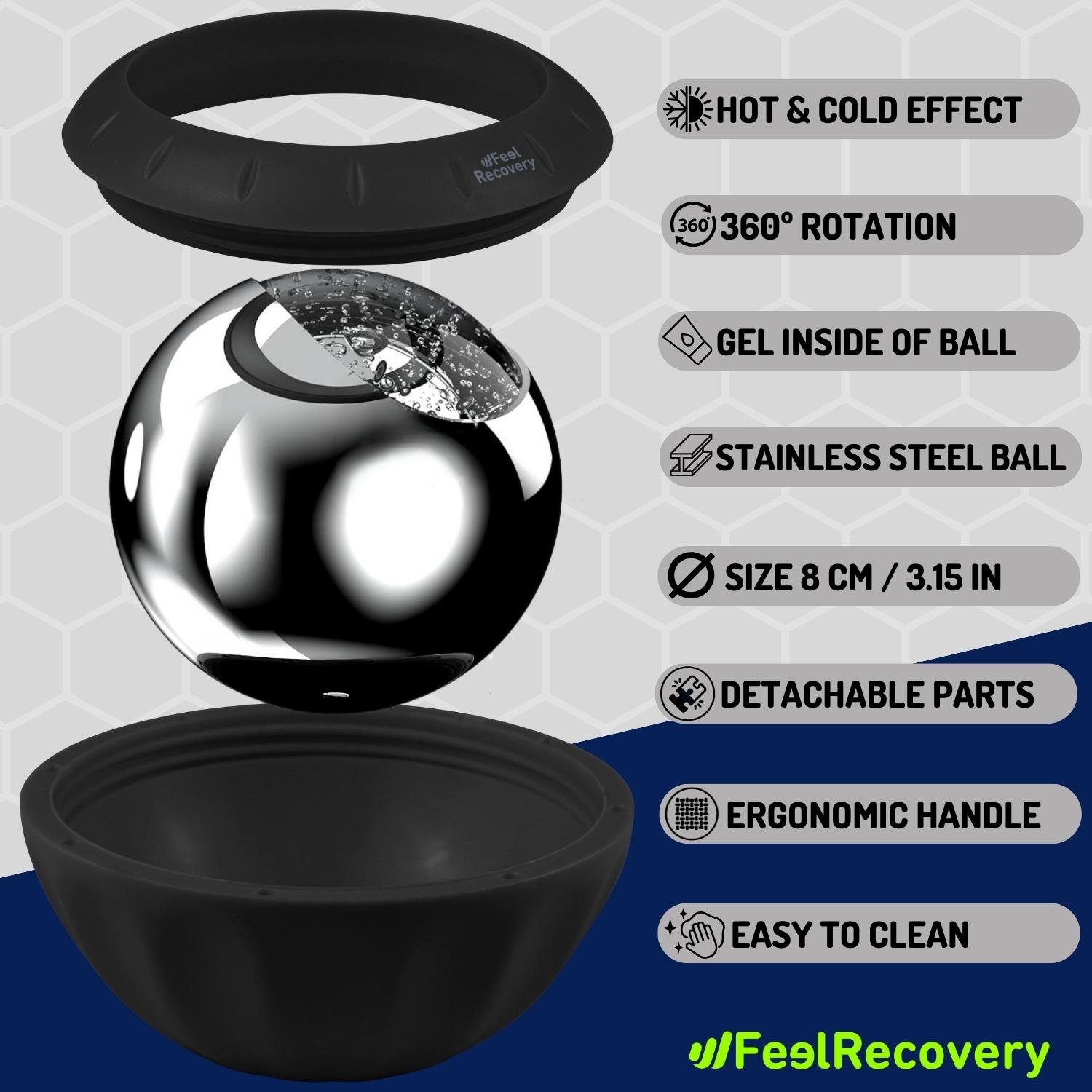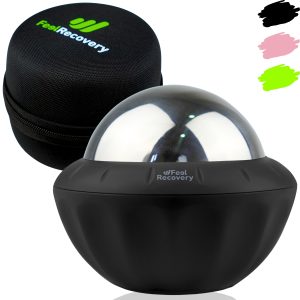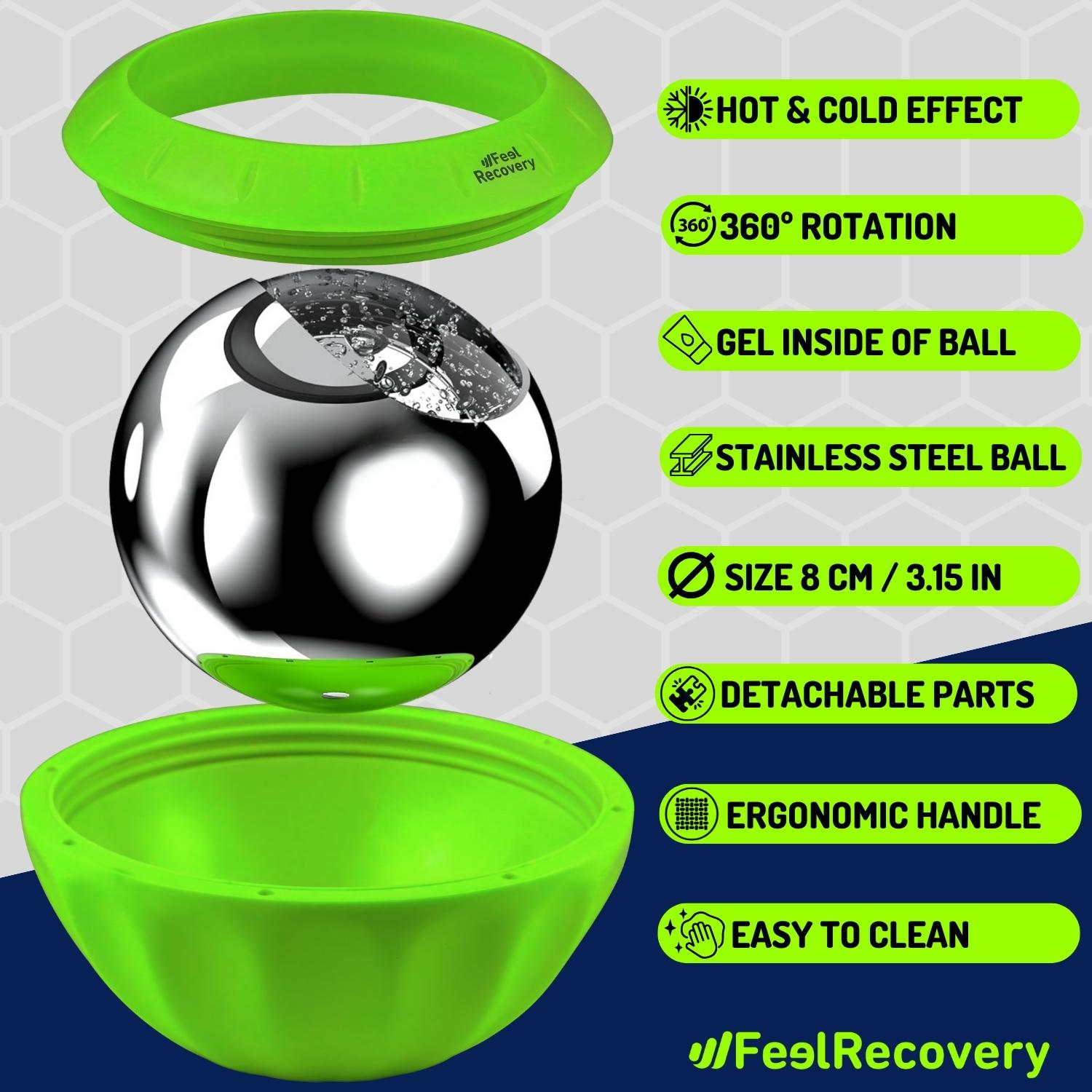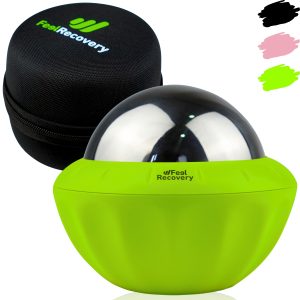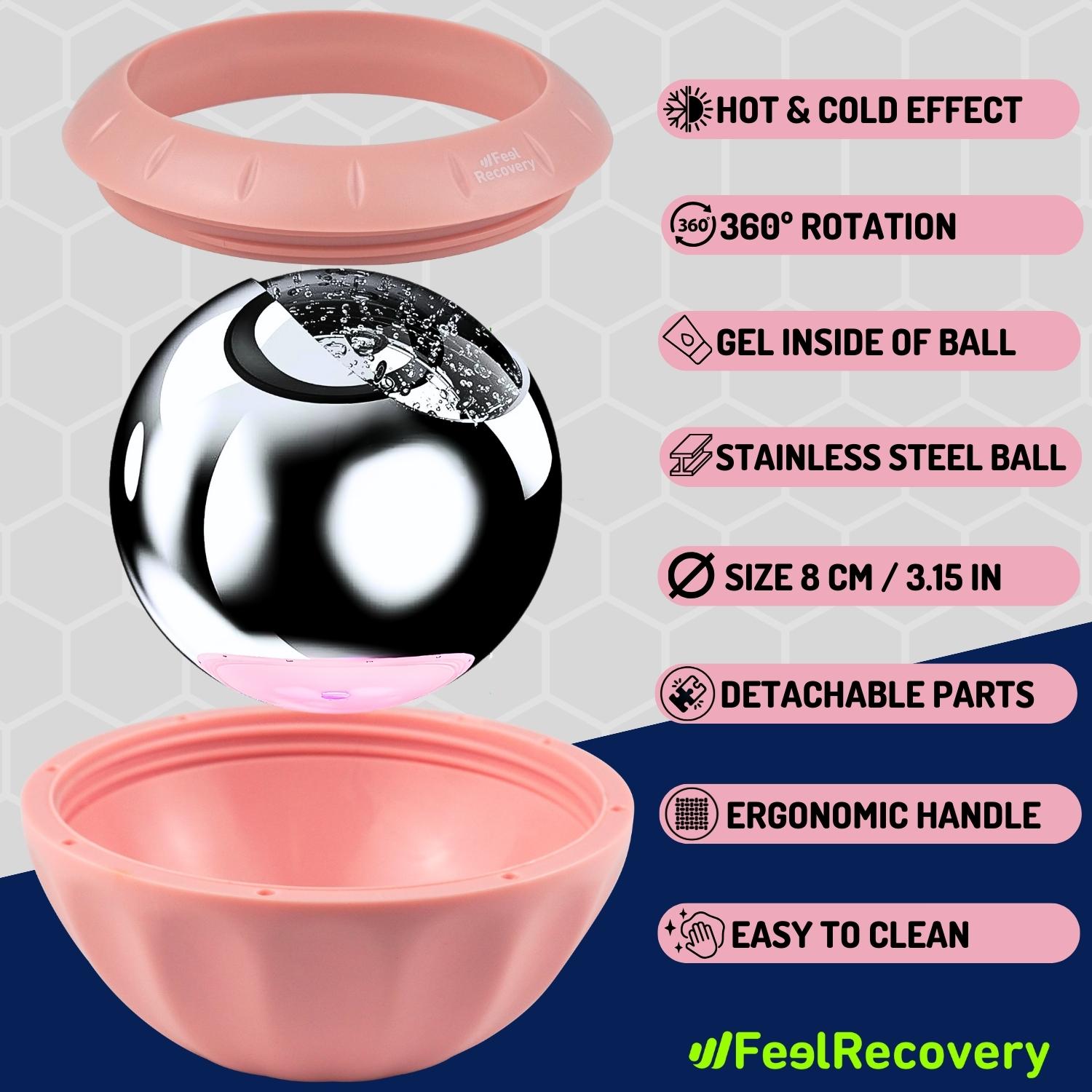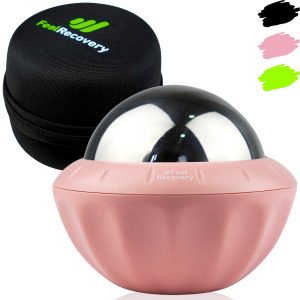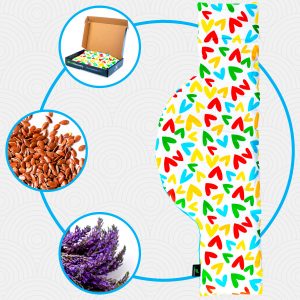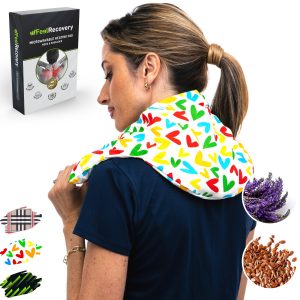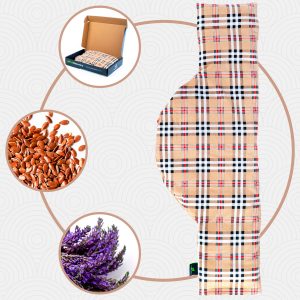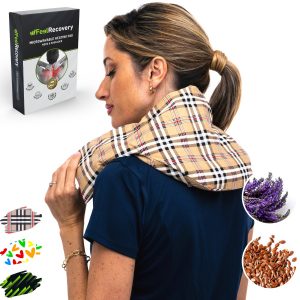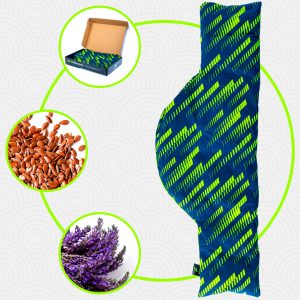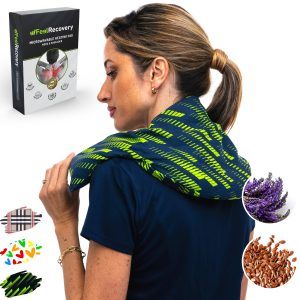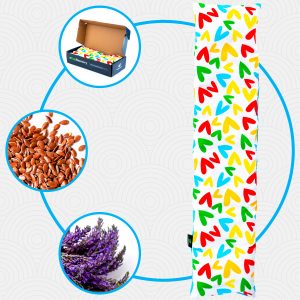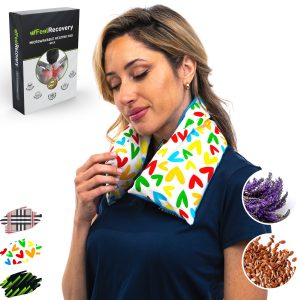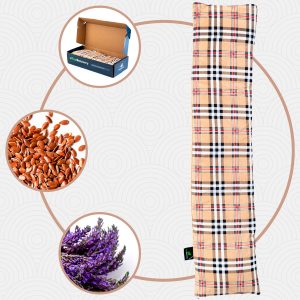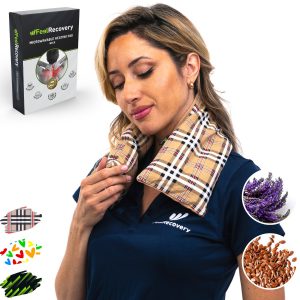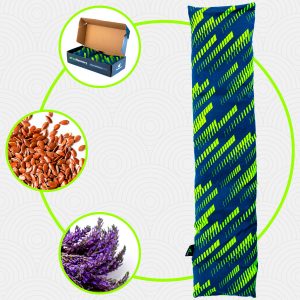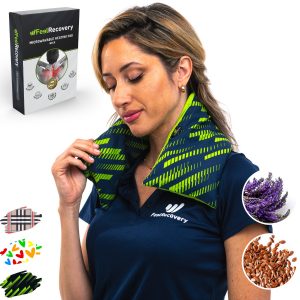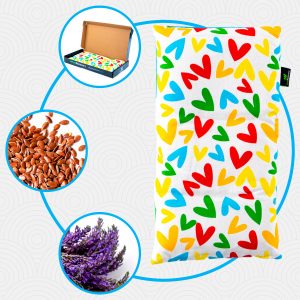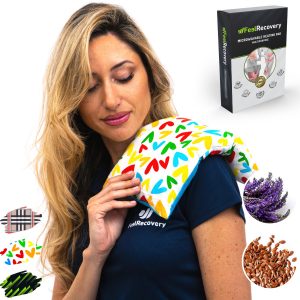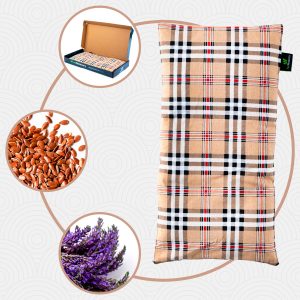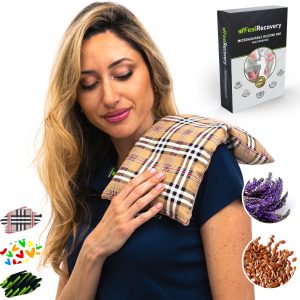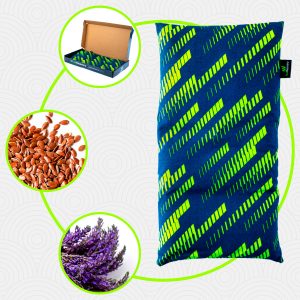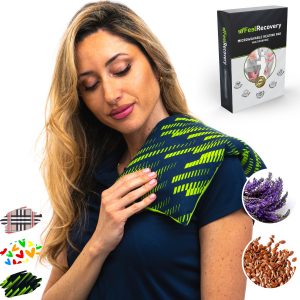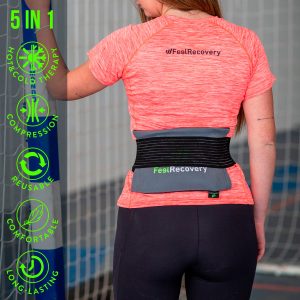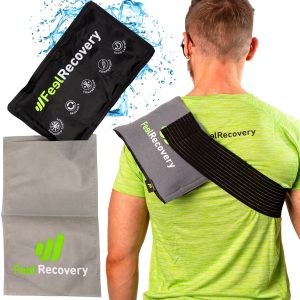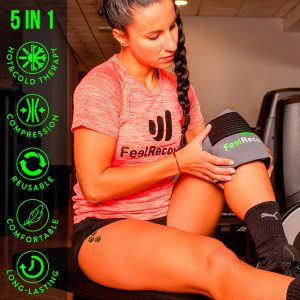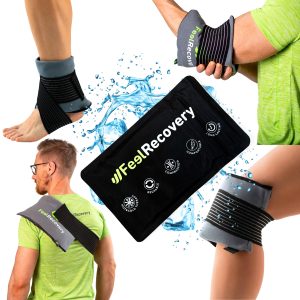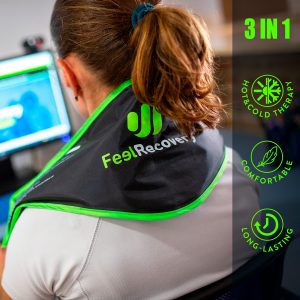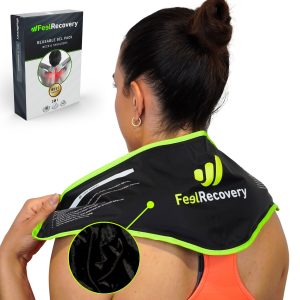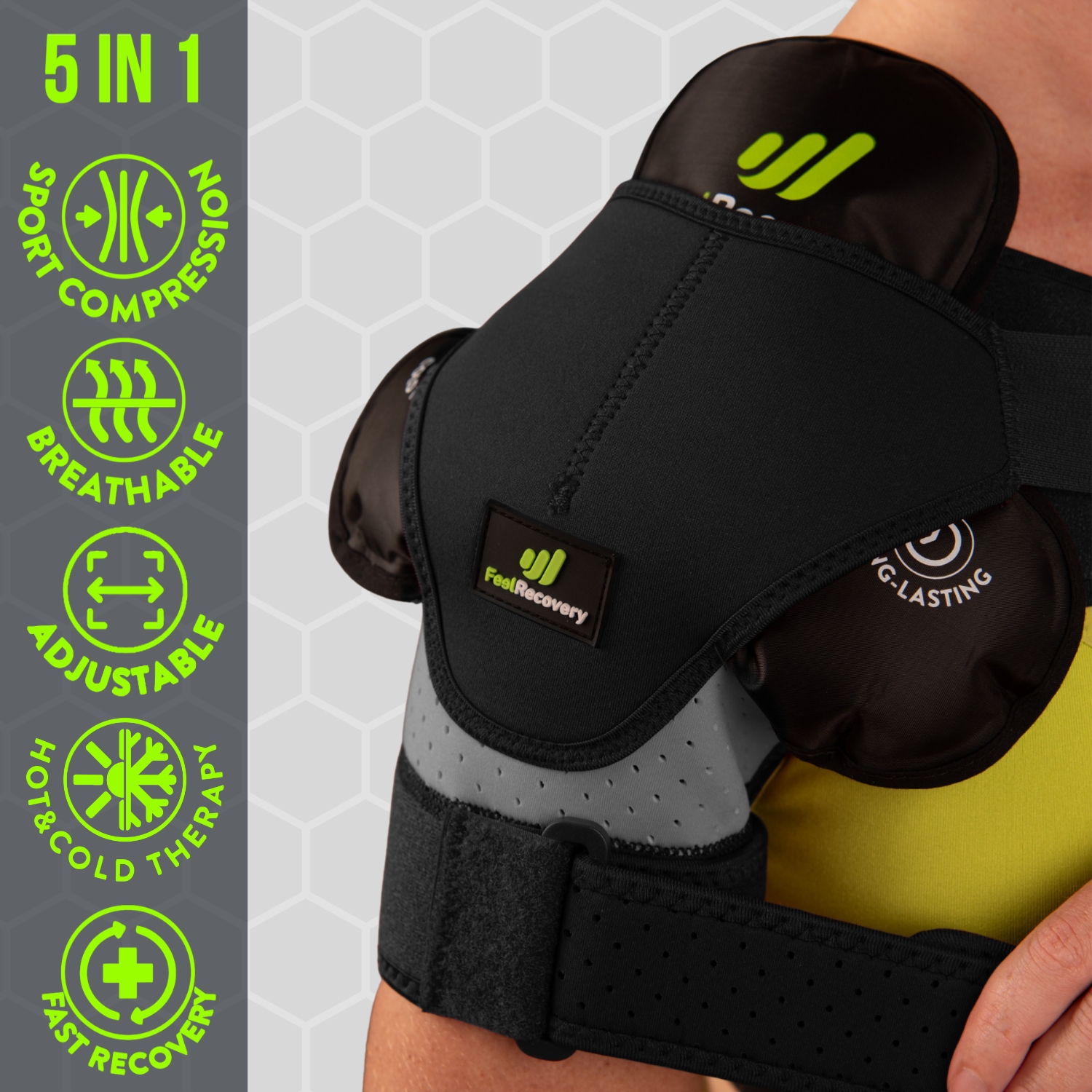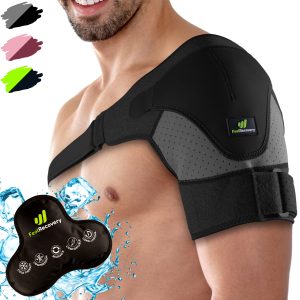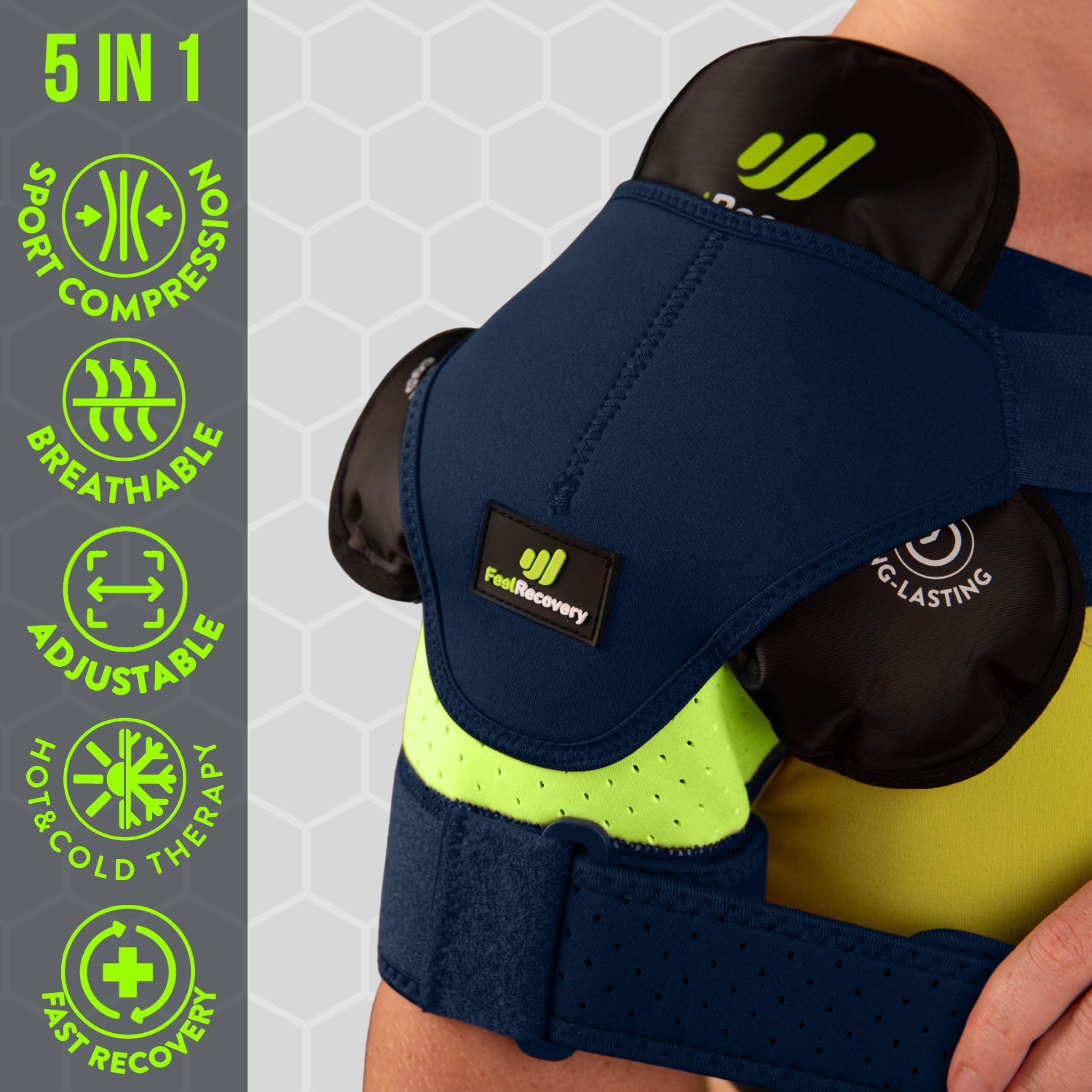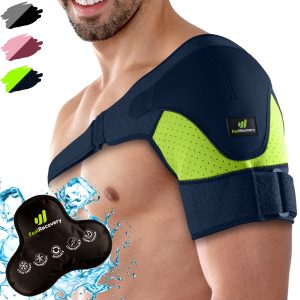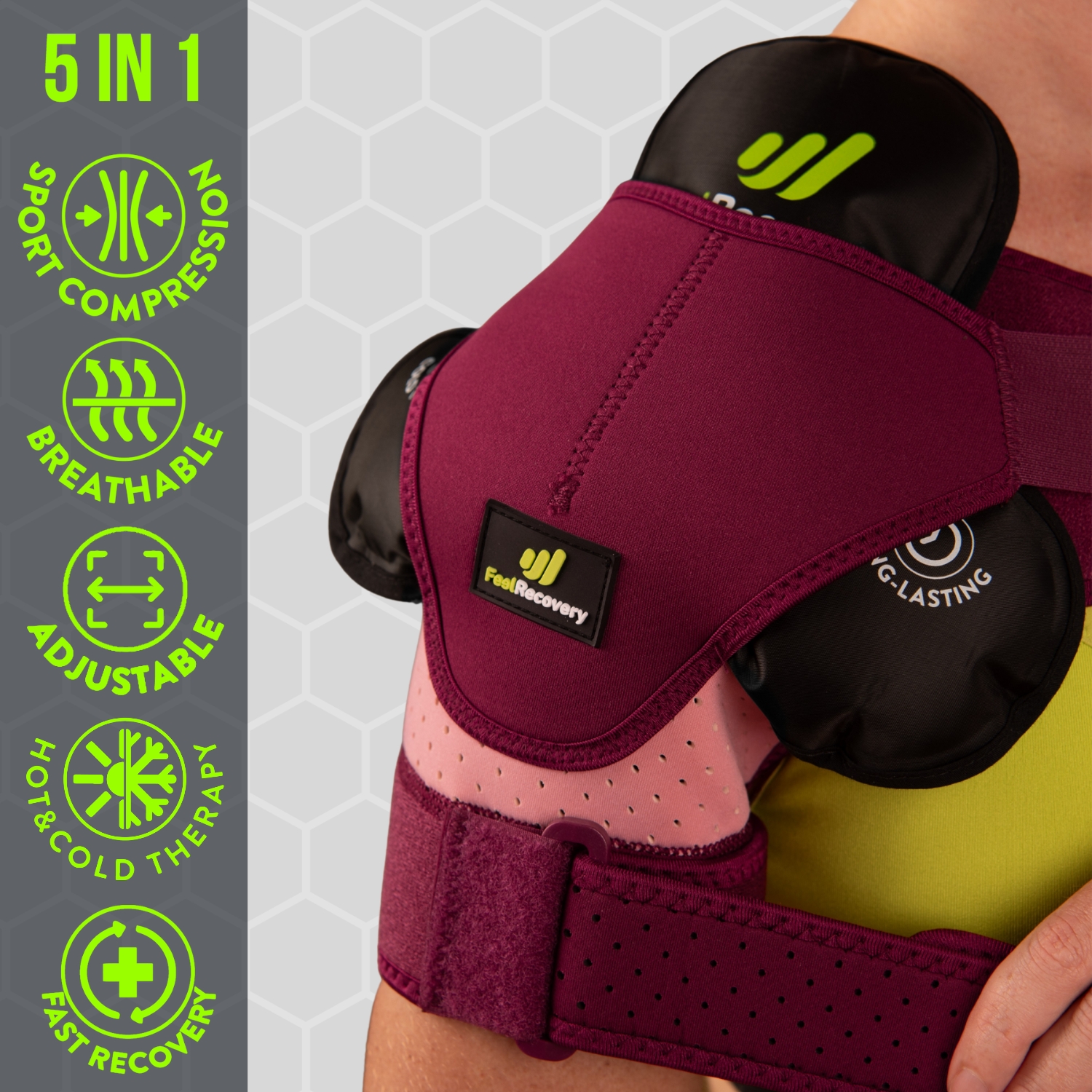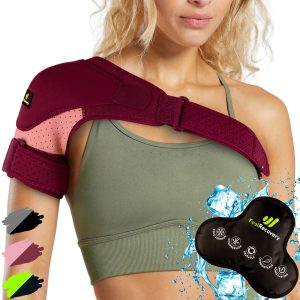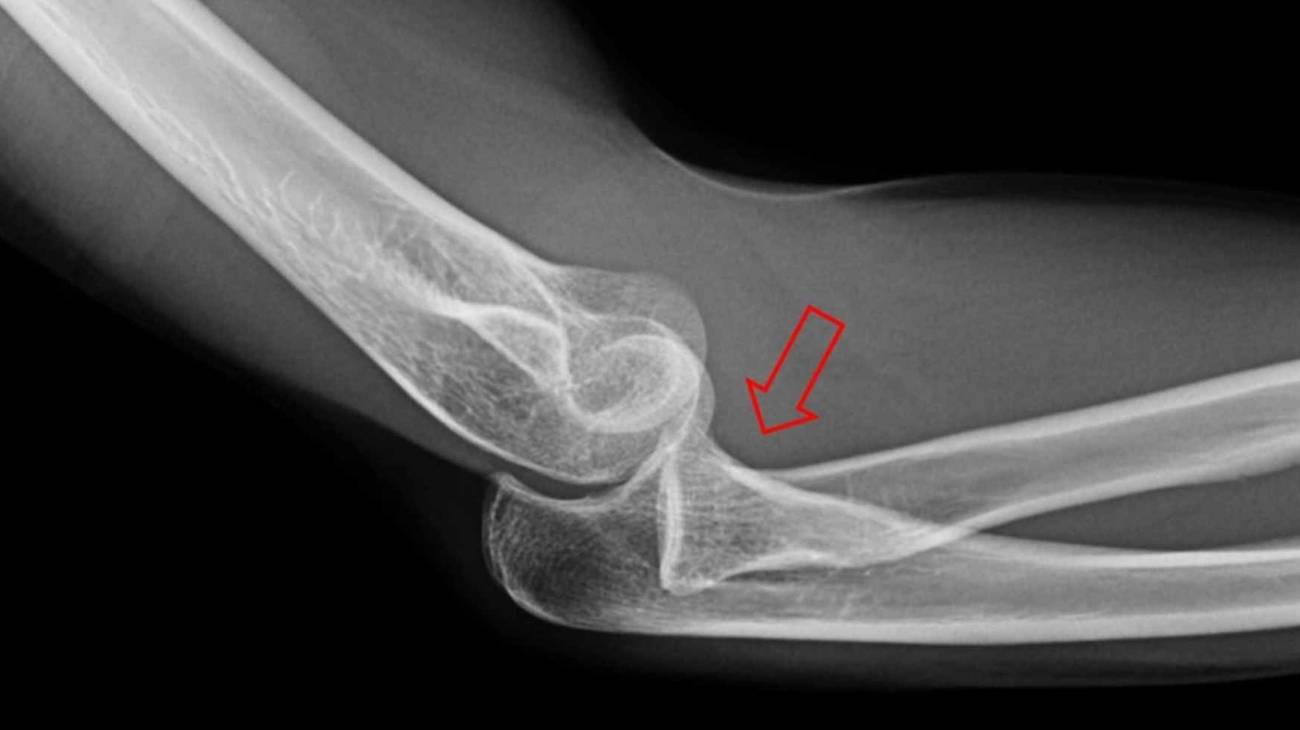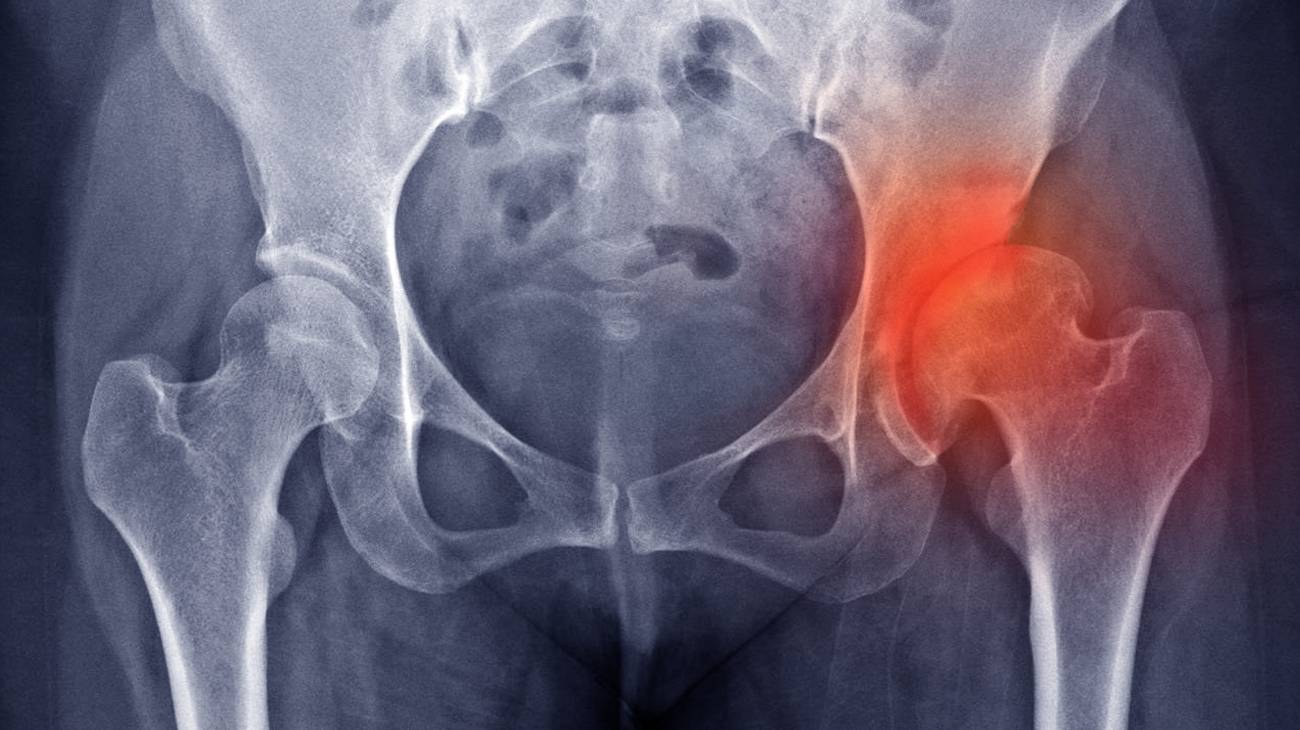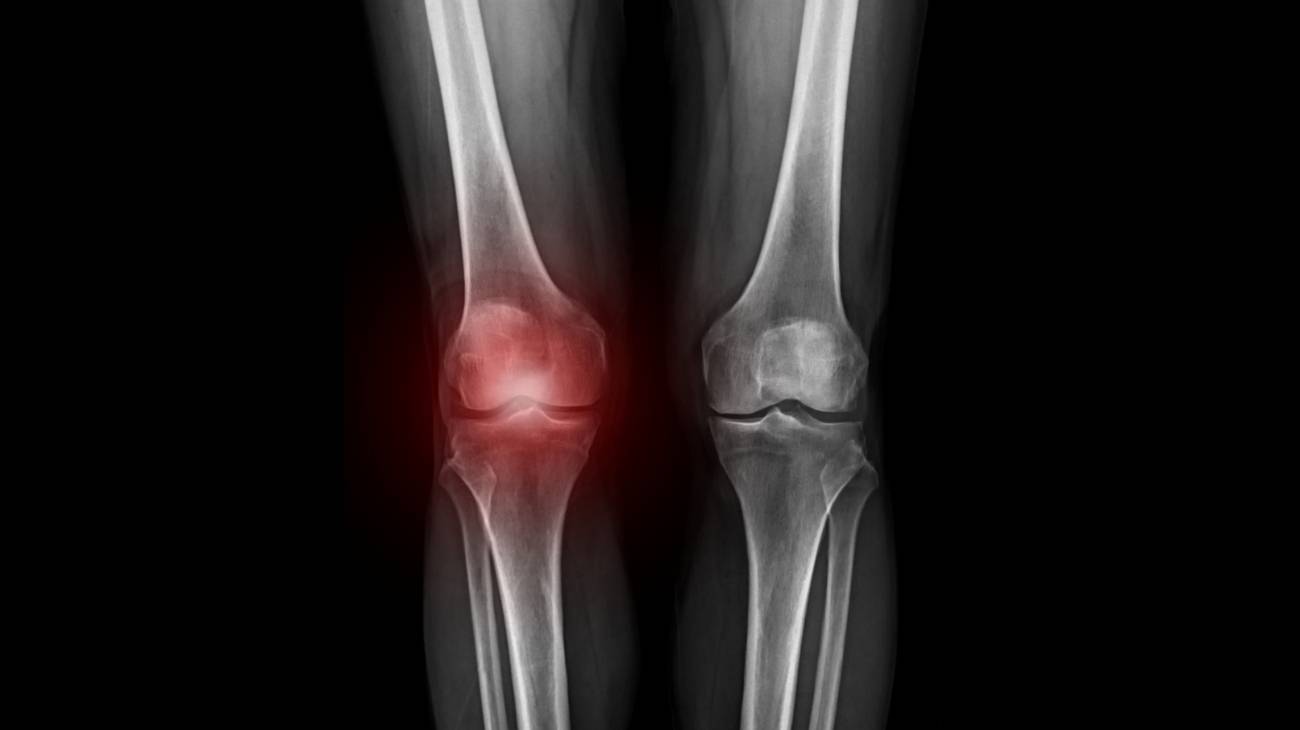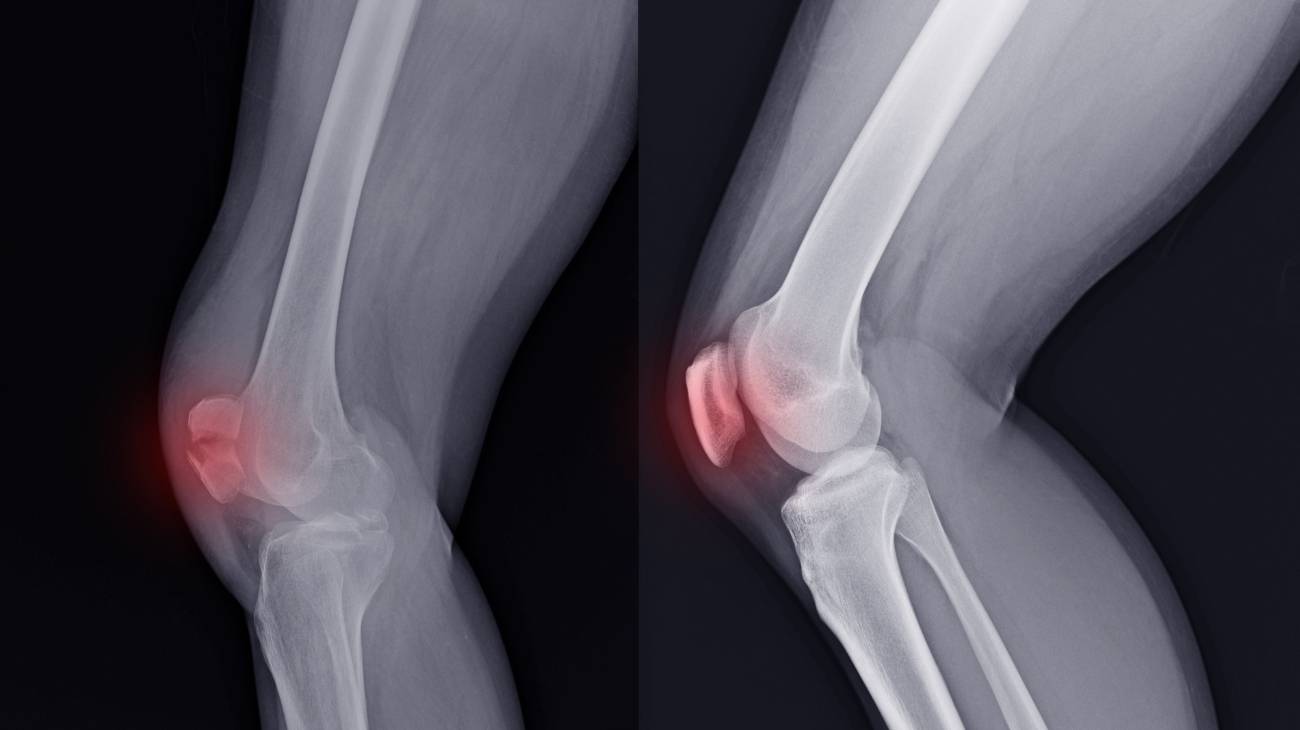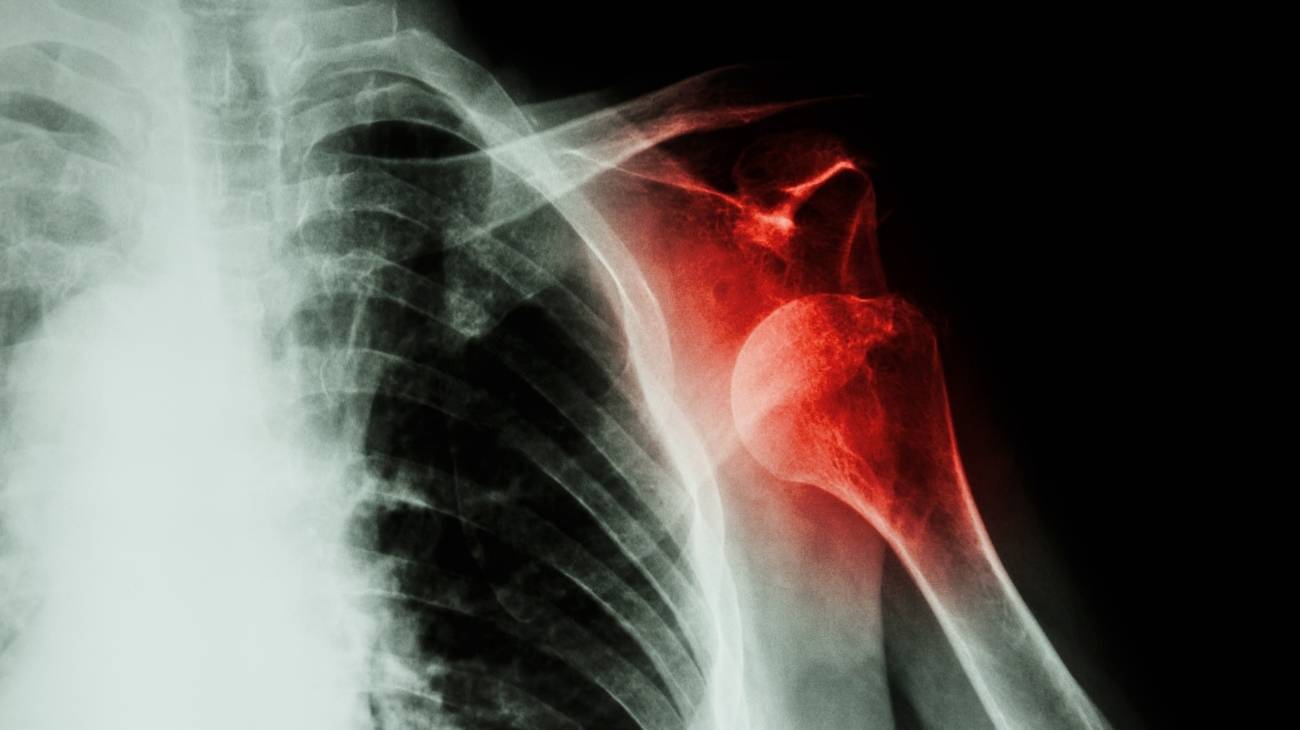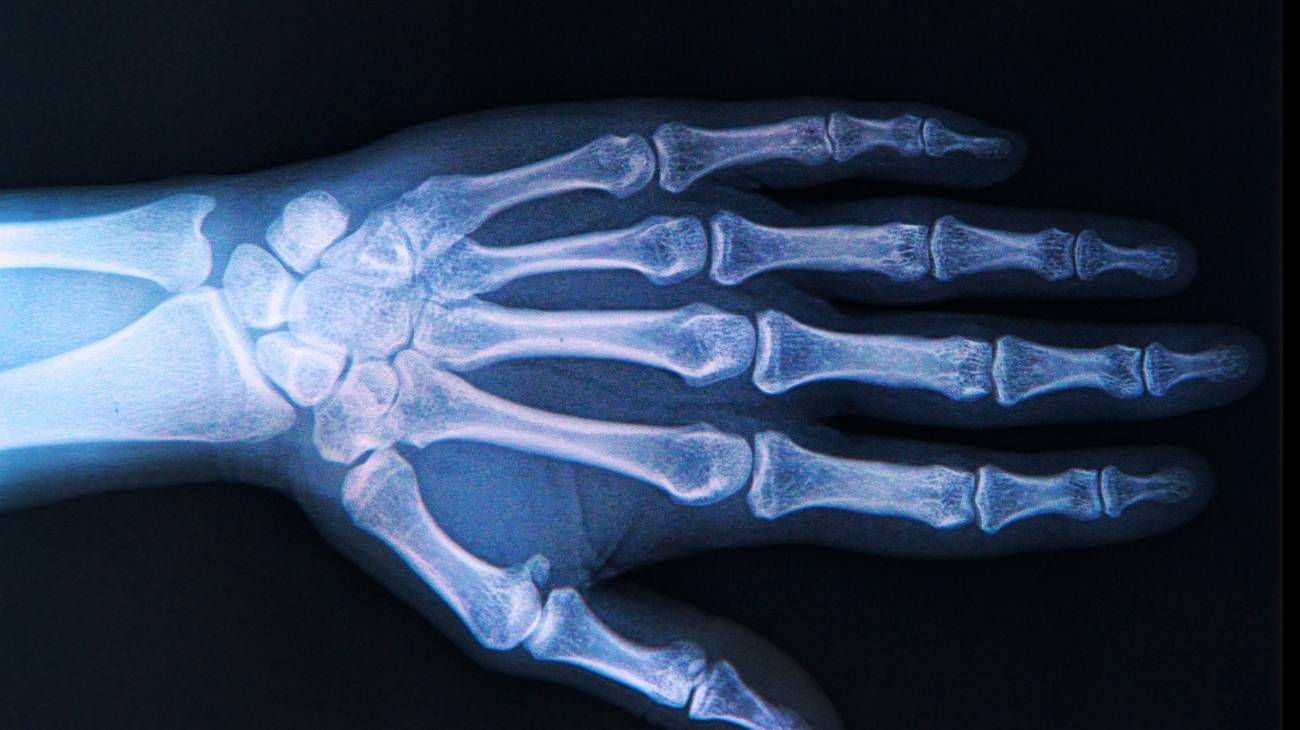Shoulder joint dislocations are among the most frequent and painful joint injuries, occurring when the head of the humerus is forced out of the glenoid cavity. This condition is typically caused by high-impact sports, accidents, or repetitive strain, leading to intense pain, visible deformity, swelling, and a significant reduction in mobility. Proper care and the use of recovery products are essential to alleviate symptoms, promote healing, and prevent recurrent dislocations.
Shoulder braces are a cornerstone in the recovery process. These braces stabilize the shoulder joint, ensuring proper alignment and preventing additional injury. They also support damaged ligaments and muscles, reducing strain during daily activities or physical therapy. Modern shoulder braces are designed for comfort and adjustability, allowing for personalized support without restricting movement unnecessarily. They are particularly beneficial for providing controlled mobility during the initial stages of recovery.
Cold therapy wraps are highly effective in the immediate aftermath of a shoulder dislocation. Cold therapy minimizes inflammation and swelling, numbs pain, and aids in tissue repair by reducing blood flow to the injured area. The ergonomic design of these wraps ensures that they fit securely over the shoulder, delivering consistent cooling to the affected region while maintaining flexibility for gentle movement. Regular application of cold therapy can dramatically improve recovery outcomes.
For individuals experiencing chronic pain or requiring advanced rehabilitation, TENS machines (Transcutaneous Electrical Nerve Stimulation) are invaluable. These devices emit electrical impulses to block pain signals and stimulate muscle fibers, helping to rebuild strength and functionality. TENS therapy is non-invasive and can be used at home, making it a convenient option for managing pain and enhancing muscle recovery. It is particularly beneficial for restoring mobility and reducing stiffness in the shoulder joint.
Incorporating heat therapy during the later stages of recovery can significantly enhance flexibility and comfort. Heating pads or thermal seed packs boost blood circulation, helping to relax tight muscles and improve range of motion. Heat therapy is particularly effective when used before stretching or strengthening exercises, as it prepares the joint for greater flexibility and reduces the risk of strain.
Strengthening exercises are critical to long-term recovery and prevention of future dislocations. Resistance bands are among the most effective tools for gradually rebuilding strength in the shoulder’s rotator cuff and surrounding muscles. These bands allow for controlled resistance training, improving joint stability and enhancing overall shoulder function. Consistently integrating these exercises into your rehabilitation program ensures a stronger and more resilient shoulder.
For individuals seeking comprehensive recovery solutions, combining multiple therapies often yields the best results. Using a shoulder brace for stability, cold wraps for inflammation, heat packs for flexibility, and resistance bands for strength offers a holistic approach to recovery. Additionally, TENS therapy can be used to manage chronic pain and enhance muscle stimulation, ensuring that all aspects of the healing process are addressed.
Feel Recovery offers a premium range of products designed to meet the specific needs of individuals recovering from shoulder dislocations. From cutting-edge pain management tools to advanced rehabilitation aids, our collection empowers you to regain mobility, reduce discomfort, and prevent future injuries effectively.
FAQ: Frequently Asked Questions
What are the best tools for shoulder joint dislocation recovery?
Shoulder braces, cold therapy wraps, and TENS machines are ideal for managing pain, reducing swelling, and stabilizing the joint. Resistance bands are essential for rebuilding strength and preventing future dislocations.
How do I choose the right shoulder brace for my injury?
Select a brace based on your injury’s severity and consult the product sizing chart for an accurate fit. A properly fitting brace provides optimal support and comfort during recovery.
Can these products help prevent future shoulder dislocations?
Yes, tools like shoulder braces for stability and resistance bands for strengthening exercises are designed to reduce the risk of re-injury. Strong and stable shoulder muscles are key to long-term prevention.
Are these recovery tools safe for sensitive skin?
Most recovery products are made with hypoallergenic materials, ensuring they are safe for individuals with sensitive skin. Always review the product details for material information.
How should I care for and maintain my recovery products?
Hand-wash shoulder braces and wraps with mild soap and cold water. Wipe TENS machine pads gently after use. Proper maintenance ensures durability and effective performance over time.


